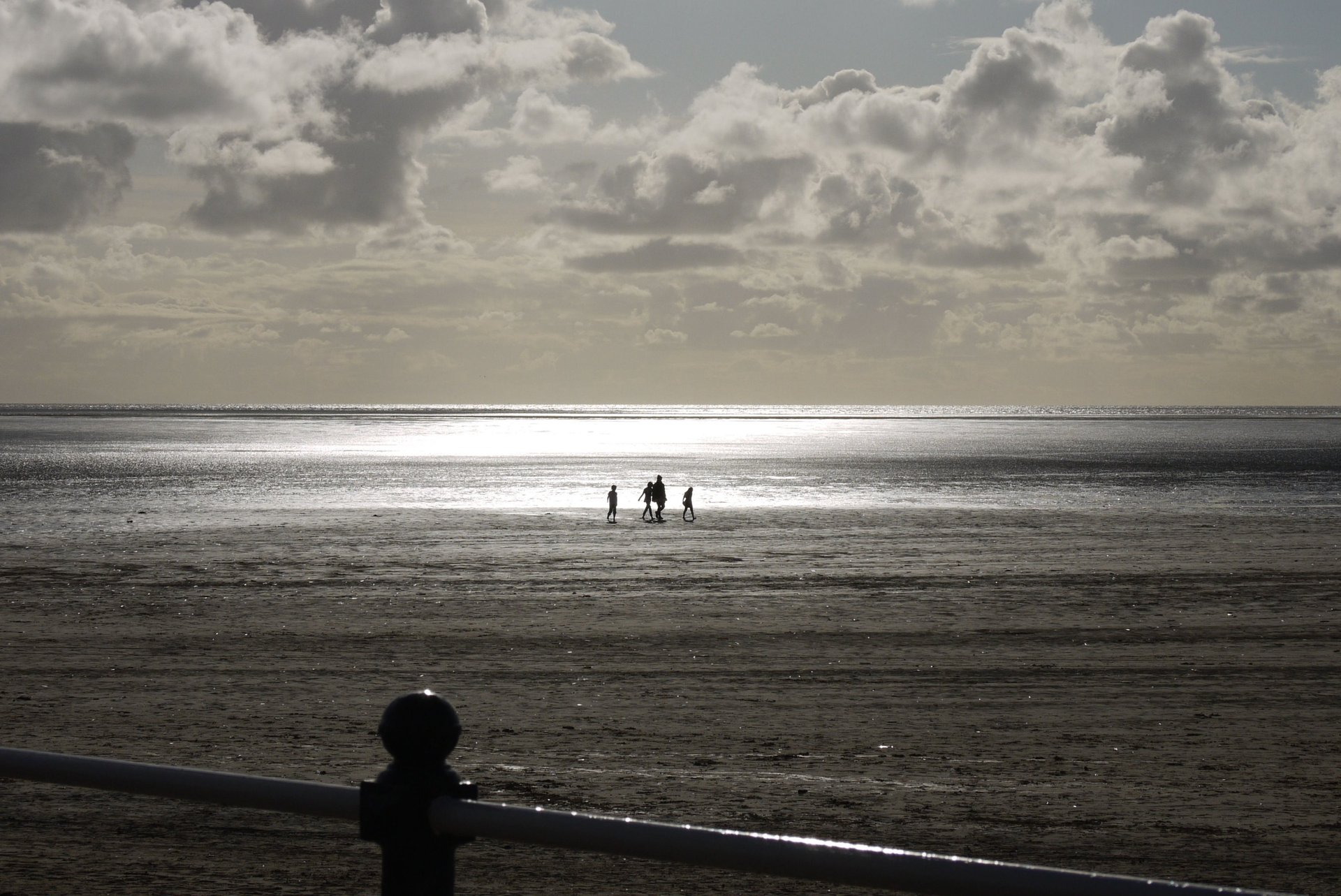
On Being Got
"Breaking Free from Emotional Manipulation" Feeling "frozen" in certain situations often stems from deep-seated fears experienced in childhood. This piece explores how manipulation—whether through anger or emotional distress—shapes the responses of those around us. True freedom comes not from changing others, but from recognising our own learned limitations and reclaiming control over our reactions. What once protected us may now be holding us back.
2/8/20251 min read


Sometimes we feel disabled and frozen, in the range of responses we can make. Often we look for the cause of this state of affairs in others. We’ll never find it there, since it resides in ourselves.
For instance, if I attempt to manipulate those around me by being the sort of chap who has a very short fuse, many people will modify their behaviour¬ towards me in such a way that they are careful not to do or say anything that would make me cross. NOT because, I may get cross, but because they believe they lack the skills to deal with my anger. Others who I perceive to have those skills rarely, if ever, become the object of my wrath.
If I manipulate those around me by being upset, then I am rarely troubled by people whose words or deeds might upset me. Again NOT because they don’t want to upset me, but because they have learned to feel dreadful when exposed to my upsetness. Those individuals who seem oblivious to my propensity to be upset, seem rarely to upset me. Prompting my victims to mumble, “If I’d have said that he’d have ……… la de da de da.
Like a great many things that can freeze our responses it is implanted into our souls at an early age - often by the parent in whose interests they operate.
Responding to these fears at six years old is probably a smart thing to do……… at forty-six it’s probably restrictive.